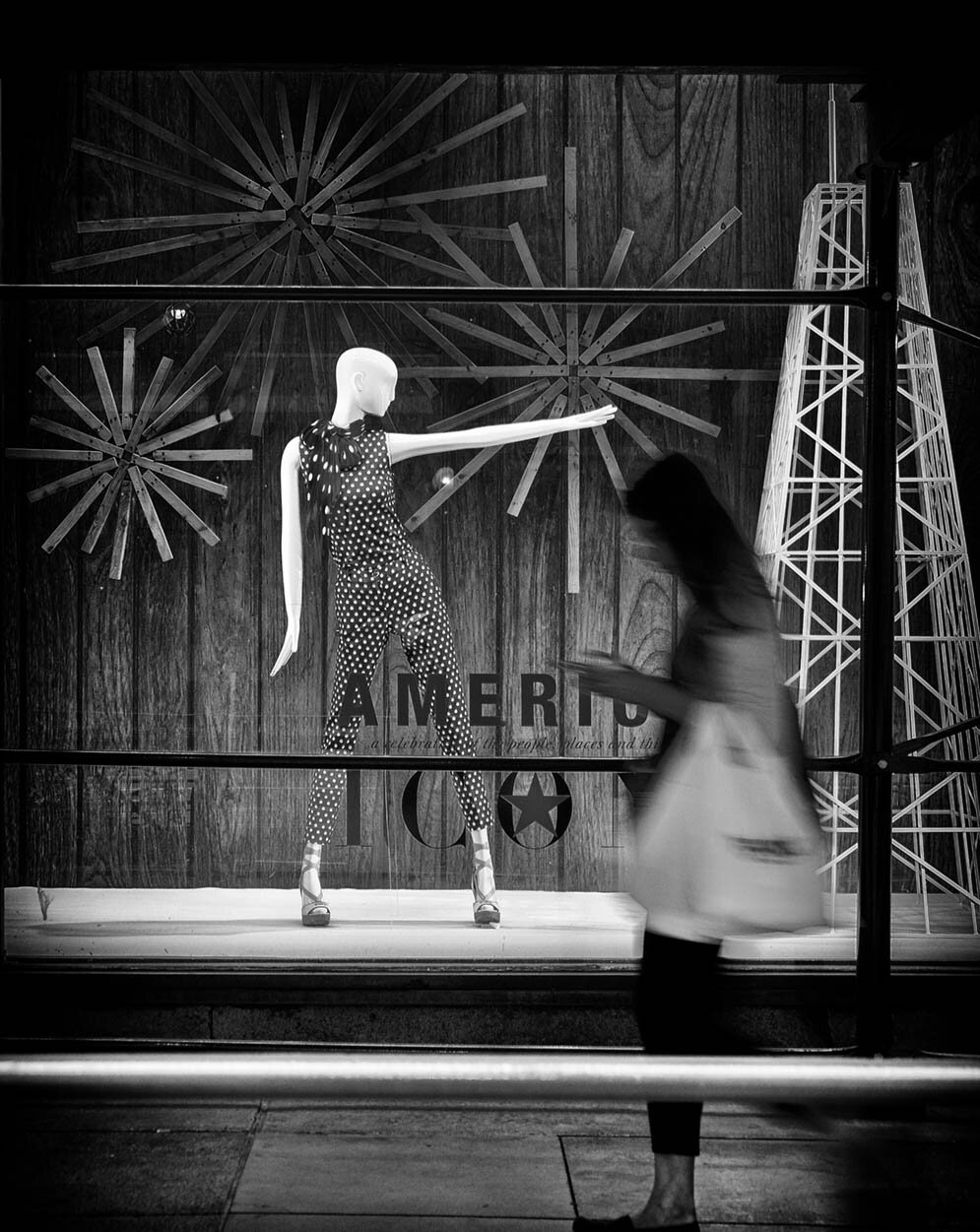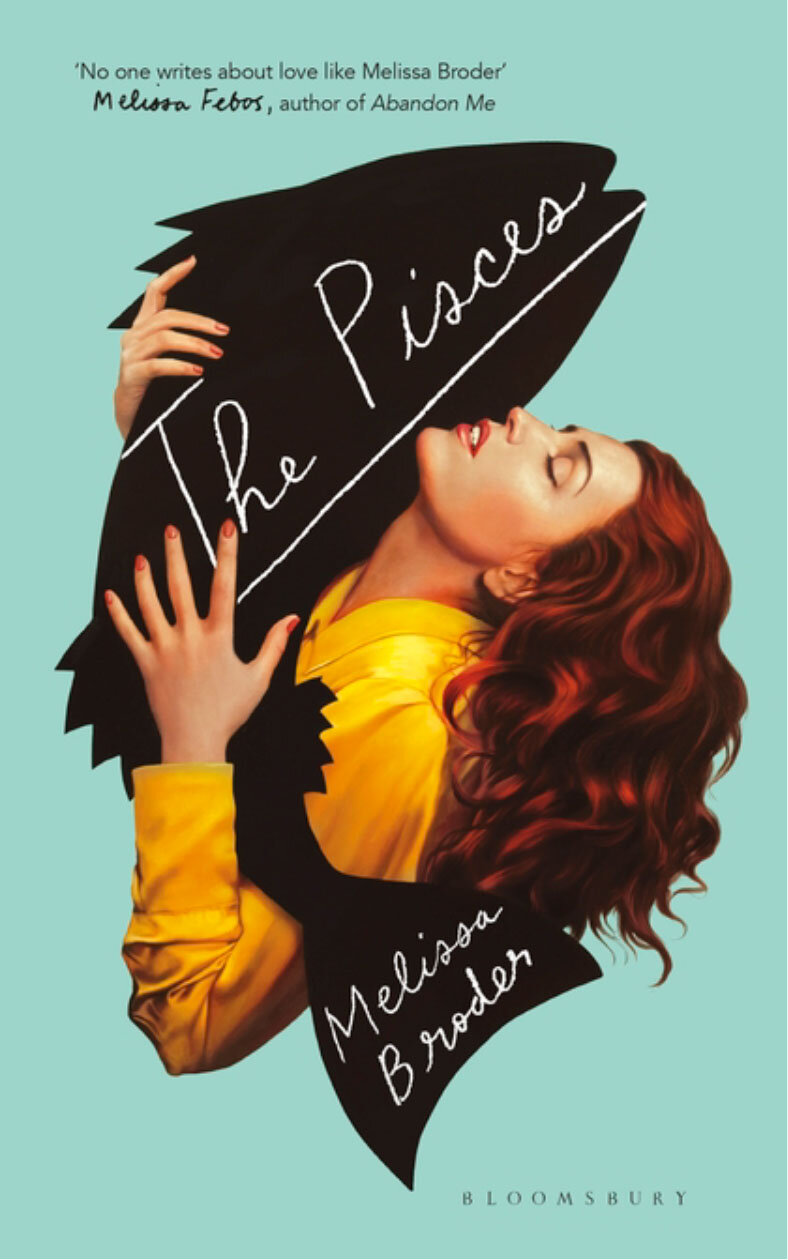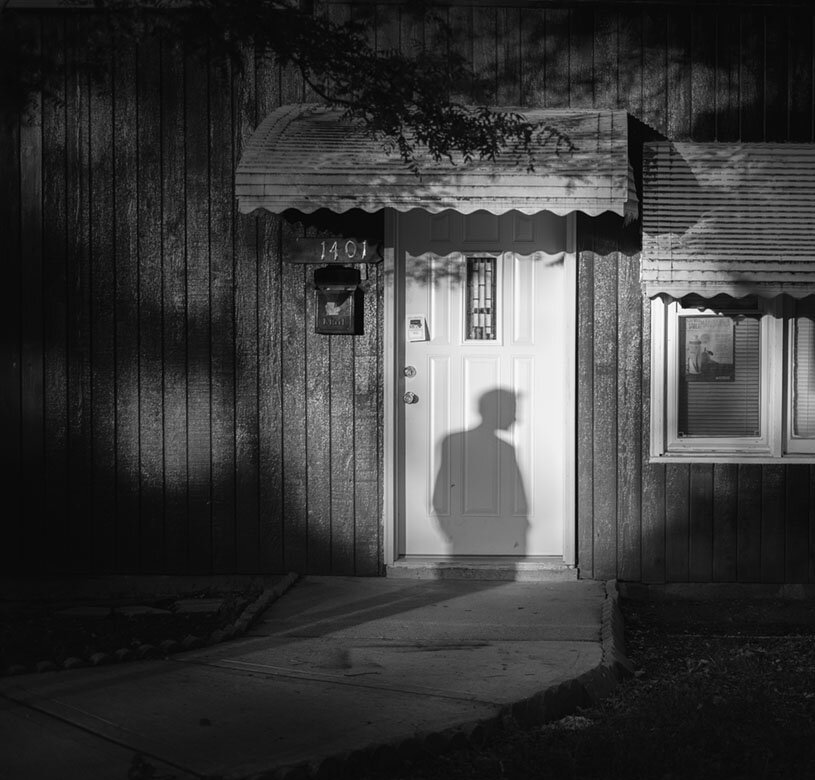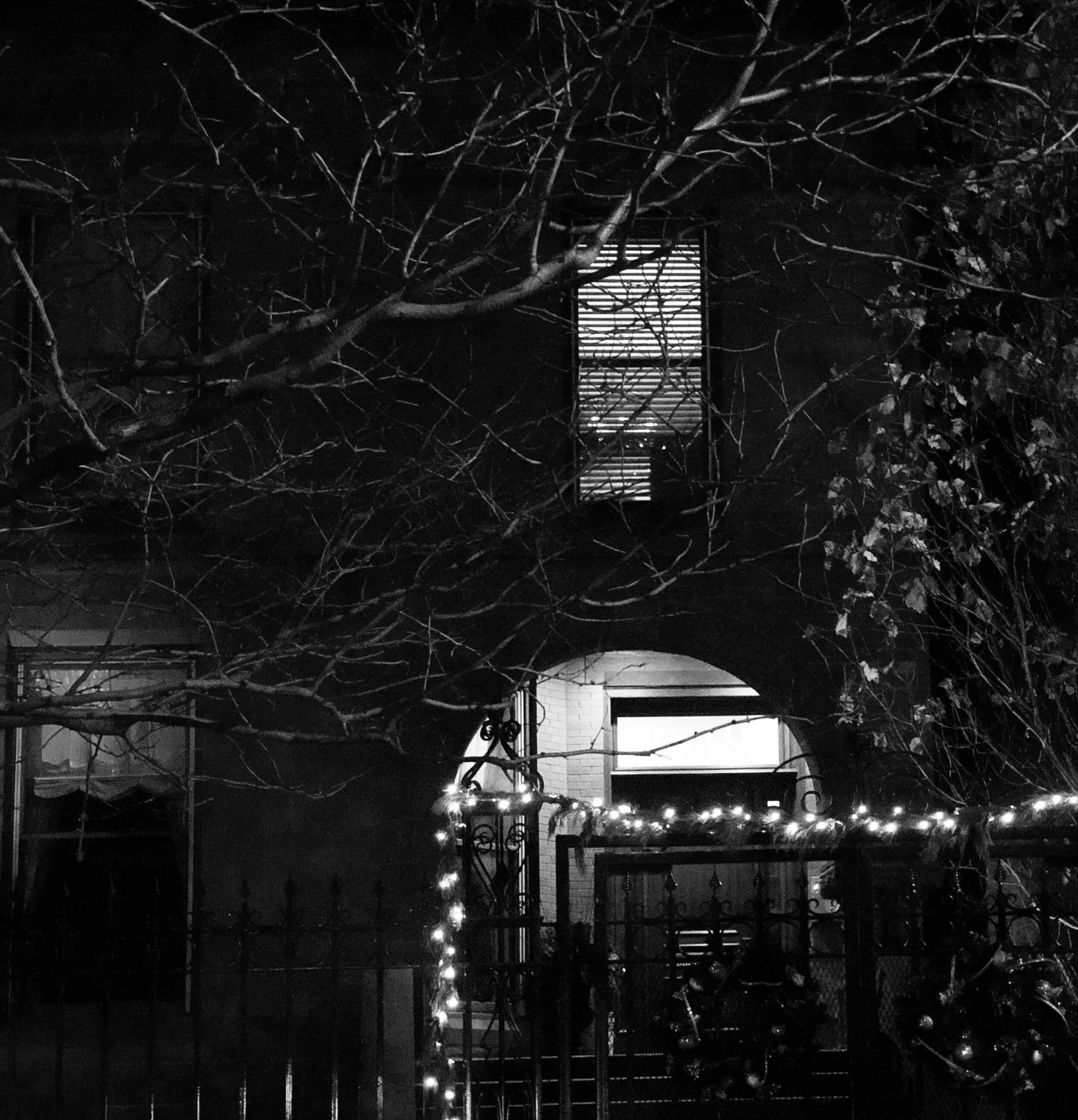The Circumference of the Glare on the Patio
Monica has never actually heard real gunfire before. She certainly didn’t grow up with guns in the house. None of her relatives hunted. No one in her family ever served in the military.
Sure, she’s heard guns in the movies and on TV and even at her friend Jamal’s house, in his messy basement, when friends gathered and smoked weed and many of the kids played shooting games, congregating around the PS4 like it was some mystical talisman.
But these shots, the ones she is hearing right now, right this very second, they are quite real.
Pop. Pop. Pop.
Three shots.
She is certain it is gunfire. How? It sounds like firecrackers. And, after all, every news report she has ever seen about school shootings, every single one of them, the survivors always said the gunshots sounded like firecrackers.
She is sitting in her Applied Mathematics II course at Rock River Community College, alongside eighteen other drowsy students when it happens. It is hot in the room, the forced heat cranked up way too high for a mild winter day. Outside, through the large windows, the sky is flannel gray and all the winter trees are bare and cold, the branches trembling in the wind.
Everyone hears the three pops, including Professor Adams who stops in the middle of scrawling a long quadratic equation on the dry erase board. Everyone is bored, but they all immediately sit up at the popping sound from somewhere off in the vast building. When Dr. Adams hears the noise, he turns from the board and looks at the students.
“What was that?” Eduardo Vasquez asks.
Everyone in the room is on edge. The energy in the class shifts in an instant, like someone has pulled a switch and charged the room with electricity.
“Sounds like fireworks to me,” declares Dr. Adams, a concerned look upon his bearded face. He rolls the dry erase marker back and forth in his hand.
Monica stands up from her desk. Calm. She has rehearsed this moment many times in her mind. Doesn’t everybody in her generation?
Get out.
She slings her book-laden backpack over her shoulder, grabs her winter jacket, and marches for the door.
“Ms. Wilson?” Dr. Adams says.
“Ya’ll should leave, like, right now,” she says as she moves between desks toward the door, the other students glancing up at her.
Wraithlike, Monica glides past the other students and straight out the door. She steps into the long and shiny hallway. At the forefront of her mind is exiting the building. Immediately. This was what she always planned to do if it happened.
Escape.
Why wait around? Why delay and then get stuck putting desks and filing cabinets in front of the classroom door? Why wait for the lockdown when you are, ostensibly, trapped in the building with an active shooter?
Nope. No way. Not going to happen.
The impossibly long hallway is empty. Quiet. Classes are in session. She steps out and looks all the way down where the vanishing lines of the hall converge. This is when she sees him. A lone figure, dark, more shadow than man. He is wearing all black. Bulky, something on his head, too. A helmet? Something over his face, maybe? It is hard to tell.
What is unmistakable is the gun. Long. It looks like it is baring its teeth. Menacing, even at this distance.
Get out. Get out.
Monica stands statue-like and watches as the man moves with purpose across the hall, opens a classroom door and enters. Then she hears an eruption of gunfire.
Pop. Pop. Pop. Pop. Pop. A mechanized monster. Syncopated. Frightening.
Monica turns and runs down the hallway in the opposite direction. She knows where the nearest exit is. She has rehearsed this all in her mind.
The lights in the hall go dark. Emergency flood lamps situated near the ceiling illuminate a halogen path down on the floor.
More gunshots. Pop. Pop. Then come screams in the distance. Back where the shots occurred. Pleading. Sobbing. It sounds like a chorus of anguish.
An automated voice booms over the college’s public address system: “There is an intruder in the building. Please take appropriate measures to seek safety. Repeat. There is an intruder in the building.”
Get out. Get out. Get out.
She runs from the gunman, in the opposite direction. But the next sound is unmistakable. Doors up and down the long hallway automatically lock. All of them.
Including the exits.
Click.
Lockdown.
She knows now she is trapped inside. Why do they do this? Trap people inside with a fire-breathing dragon?
Pop. Pop. Pop. Pop. Pop. Pop. Pop. Pop. Pop.
She runs to an exit door and pushes hard on the horizontal silver bar. It doesn’t budge, steel-clad immobility. The door has a vertical, slender rectangular window. Monica can see out to a large snow-covered area where, on warm days, students read, eat lunch, drink their Frappacinos. On better days, days that now seem like some wonderful dream, she sat out there, too. It is brilliantly sunny outside with all the snow, the circumference of the glare on the patio nearly blinding. How she wishes she could be out there now.
Pop. Pop. Pop. Pop. Pop. Pop. This time much closer. Locked in, she is now forced to hide, to seek refuge, to pray he doesn’t come near her. She sprints down the hall to a staircase.
Pop. Pop.
A bullet strikes close by, boring into the drywall. Has he seen her? Is he shooting at her? That was horribly close.
She takes the stairs up three at a time. She is young. She is strong. Swimming. Yoga. At the top of the stairs on the second floor, she reaches the massive college library. An amalgam of new and old.
The new: open. No doors. Tons of windows and natural light. Computers and technology and space for students to work and to commiserate. This is, in many ways, the college student center. Installations of student art are on display throughout. The library is spacious with many alcoves for students to work and hang out.
The old: row after row of stacks. Shelves of good old-fashioned books towering to the ceiling. Like the athenaeums of yesteryear. A massive collection.
And a good place to hide.
She runs into the library. No one is at the front circulation desk. No student worker at the coffee cart. Everyone has hidden. Somewhere.
She runs deep, deep into the stacks.
Pop. Pop. Pop.
More distant gunfire. He is still down on the first floor.
Many rows in, she crouches down, surrounded by books. She grew up with books, Harry Potter and The Hunger Games and Coraline. Books make her feel safer, they bring her solace, despite this nightmare scenario. A fortress of books all around her. Knowledge and ideas and imagination. She stays still and she waits and she hopes that the authorities will arrive soon and the gunman is apprehended quickly or that he takes his own life as they so often do.
She thinks about the little children of Sandy Hook and how scared they must have been. Only in first grade. Why does this keep happening in our country? She thinks of the high school kids at Columbine. And the victims in Orlando and Parkland and Pittsburgh and Littleton and. . . .
A metallic sound. In the library. There is no mistaking it. Shit. He is here. In the library. With her. He is changing the magazine on the monster. He clears his throat. Her heart is hurtling in her ribcage like it is falling through time and space, down, down, down.
Breathe, Monica. Breathe.
She looks at the books in front of her. The books lined up on the lower shelves. She is in the 300s in Dewey Decimal parlance. The self-help section. The irony is not lost upon her. And then she begins to wonder if maybe she has a way around all of this. Maybe, perhaps, maybe she should try it. Utilizing her powers. Self-help and a little luck may be the only way out.
When Monica was still a baby, her parents suspected she had certain abilities. The first time they noticed things, she was barely old enough to lift her head. Monica was on her tummy in her crib. Mama had just fed her. She jangled the sterling silver rattle for her and the toothless little baby was transfixed by the sound, an angelic bell ringing inside the shiny object. When Mama had set the rattle down on a table next to the crib, Monica craned her lolling head up and looked at the silver toy beyond her reach. She stared at it and stared at it. And then the rattle rolled off the small table and it dropped to the floor with a clang.
Mama turned and looked at her in the crib.
“Why, baby, if I didn’t know any better, I’d think you just moved that rattle with brute mental force. . . .”
Several months later, when Monica was a year old, she was sitting in her highchair. Daddy was listening to Coltrane on vinyl as he so often did around supper time. Mama had served her carrots and peas that she grew without chemicals in her garden pots on the back porch. There was so much love in that little apartment it was palpable.
Then, as babies so often do, Monica flailed her little hands across the highchair tray, sending tiny peas and baby carrots raining down to the floor.
“Now, baby, why’d you go and do that?” asked Daddy, laughing as he chased runaway peas to the corner, his heart in a constant state of love brimming over for his daughter.
Monica leaned over the side of her highchair and looked at the mélange of vegetables so far down on the scuffed oak floor. She stared at them. And kept staring. And then, as her Mama and Daddy looked on, the peas and carrots started to tremble. Moving ever so slightly at first, then, like a film in reverse, the peas and carrots flew back up from the floor and to the tray, landing where they had been.
Monica laughed with glee.
Mama and Daddy turned to each other.
How did she do that?
They took her to see the pediatrician. Dr. Hansen was a no-nonsense doctor. She was at the end of her career, ready to retire, she had raised her own son as a single mom, she had seen just about everything and every ailment, disorder and anomaly a doctor can see over the course of a long and busy career.
“We suspect Monica can move things with her mind,” Daddy explained.
Dr. Hansen took this the same why she would have taken a parent saying they suspect their child had an ear infection. She was expressionless. Cool.
She held a wooden tongue depressor in her thick hand and extended it to the child. When Monica reached for it, Dr. Hansen withdrew her hand like a game of keep away. After a few seconds, she moved the tongue depressor closer.
“Do you want this, Monica?” She asked.
Monica swatted clumsily, trying to grab the object, but Dr. Hansen pulled it away from her again. The child looked perplexed.
Out of reach from Monica, Dr. Hansen unfurled her fingers, showing the little piece of wood, that old stalwart of physician offices everywhere. Monica stared at the object intensely. And then it began to tremble in Dr. Hansen’s hand and, just like that, flew over to Monica, hit her little chest and quickly dropped to the floor.
Dr. Hansen said softly, “Lord, have mercy. . . .”
They took her to a series of specialists, Western, Eastern, Freudians, Jungians, and New Age. A diagnosis? They were all just guessing. Some dismissed her abilities altogether, calling it “trickery” and “hocus-pocus.” The consensus, however, despite the skepticism, was that Monica possessed some sort of psychokinetic ability. “PK,” they called it.
She could move small objects, lightweight objects with her mind.
When she was twelve, Monica was at an arcade with a friend and found she could guide a wooden Skee-Ball into the smallest rings at the top of the game, just by concentrating, earning one hundred points with each toss of the ball. The machine kicked out so many tickets for prizes that the manager finally came out and told her she had to stop. She was like a Vegas gambler on a winning streak who is asked to leave the table with their earnings. Monica was given a stash of candy and stuffed animals and stickers, one of everything in the arcade’s glass case.
But then, like all pre-teens, puberty arrived and Monica’s body changed and, much to her surprise, her telekinetic abilities started to weaken.
And, then, they were gone.
No matter how hard she focused on objects, she had lost her ability to move things with her mind.
And, so, here she is in the library at Rock River Community College in the middle of an active shooter situation. She is hidden many rows back in the stacks. There is a back exit out of the library, part of the reason she decided to go there in the first place. Always good to have an escape plan. But this also means she will have to leave her bibliophilic fortress and move back many, many rows of stacks to reach the door.
As she sits there, crouching down, she hears a text message tone in the library. Not her cell phone. His cell? Someone is texting this shooter, this odious person, now, of all times? The sound was close. Two rows of shelves away? Three at most?
The text tone goes off on his phone again. He is closer. “Apex.” She knows this text tone. Standard and boring.
Monica peers through the open space above a row of books. She can see him. He is pacing like an agitated zoo animal down a row of books three stacks in front of her. He is holding the matte-black monster. It is an AR-15. She has seen it enough times on the news. They all use it. He is dressed, head to toe in black combat gear. Cargo pants with lots of pockets. He appears to have on a bulletproof vest. A helmet. Goggles. This guy came for war. He intends on lasting awhile and inflicting as much death as he can.
So, why is he here in the library?
If he wants a high body count, would he really be hunting one lone student in the library? Or did he come here to reload?
Staying crouched low, Monica slowly, quietly spiders toward the end of the row of books toward a break in the shelving, an aisle in the stacks. She peers out and can see the circulation desk. On top of it, a small box holds short pencils and another contains little scraps of paper. Students, even in this digital age, find these pencils and paper—throwbacks to another era—useful, and they appreciate the ease of scribbling a call number in their search for a book.
She stares at the circulation desk. At these little boxes. Totally focused. She wants to create a distraction. With all her might, all her concentration, blocking out everything, including her present pulsing fear, she looks at the little box of sharpened pencils on the circulation desk. She knows she can do it.
The box moves.
It inches slowly to the edge of the desk. The paper box flips on its side and all the little pencil stubs begin tumbling out like timber logs on a flatbed after the chains have broken. One by one they roll out, clattering to the floor.
She peers between the books on the shelves. He turns. And he points the monster toward the circulation desk.
She makes a break for it, running down the aisle of books toward the back exit, her back hunched over and her legs pumping faster than she’s ever pumped them. And as she is running, she thinks of the scrap paper on the circulation desk and, not even looking that way, but simply concentrating on the small squares of paper, she envisions them fluttering off the desk, pigeons in flight from their roost.
The papers respond. Like playing cards in a game of 52-card-pick-up, flying off the desk one after the other after the other.
The additional distraction gives Monica time to dash down the aisle. Eight rows of shelving to the exit.
Seven rows.
Six.
Five.
Four.
Three.
The gun breathes fire. Pop. Pop. Pop. Pop.
Bullets strike the metal stacks. He is shooting at her.
Two.
Pop. Pop.
One.
Pop.
She feels a bullet. It passes by her right ear. Barely an inch away. It strikes a book on a shelf, the binding absorbing the bullet as it shreds through the pages.
She hurtles down the back stairs to a landing. She turns and hurries down another set of stairs. She reaches the first floor. It is empty.
Then she hears boots clacking behind her, striking the concrete floor in military precision. He is after her. Coming down the stairs. She turns and he is at the other end of the entryway, pointing the monster directly at her. She concentrates on its teeth. She thinks of the bullets slowing down as it sprays. She focuses all her being on this moment. Tries to slow the bullets, shift them away from her. She feels a graze on her arm. Another on her leg. She falls, and as she’s falling, she thinks of Mama and Daddy and their love supreme.
Sam Weller is a Two-time Bram Stoker Award winner and the authorized biographer of the legendary Ray Bradbury. Weller’s debut collection of modern Gothic short stories, DARK BLACK was published in 2020. He is an Associate Professor in the English and Creative Writing Department at Columbia College Chicago. You can follow him on Twitter @Sam__Weller















